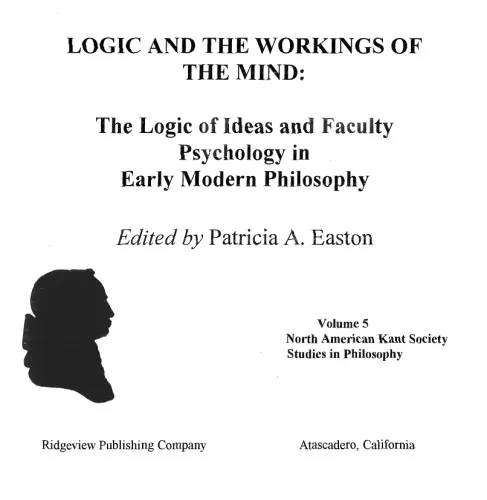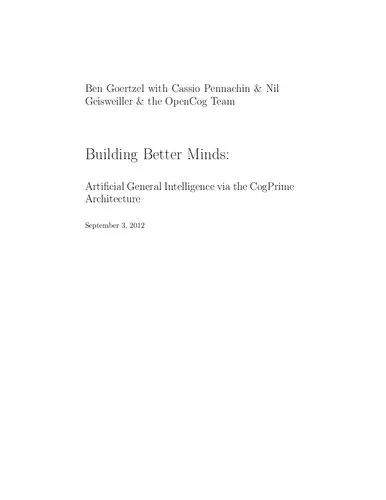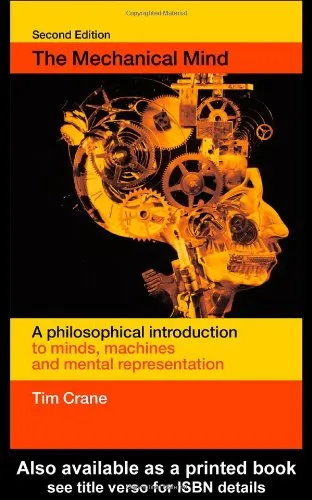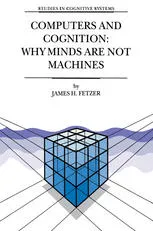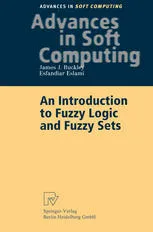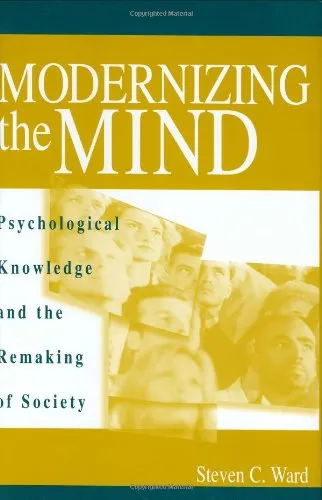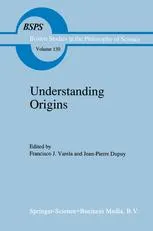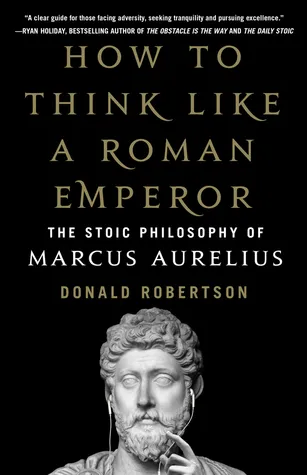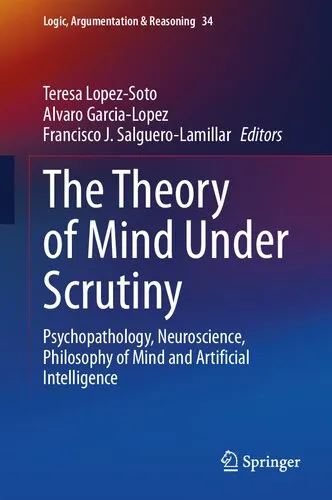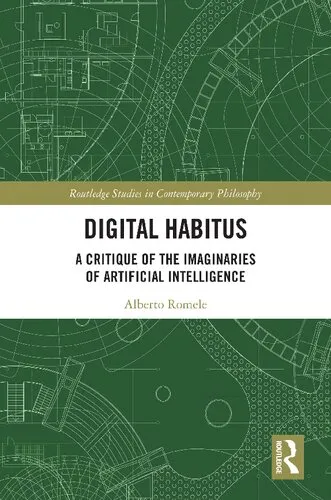Logic & the Workings of the Mind: The Logic of Ideas & Faculty Psychology in Early Modern Philosophy (North American Kant Society Studies in Philosophy)
4.3
Reviews from our users

You Can Ask your questions from this book's AI after Login
Each download or ask from book AI costs 2 points. To earn more free points, please visit the Points Guide Page and complete some valuable actions.Related Refrences:
Introduction to "Logic & the Workings of the Mind"
Welcome to a deep dive into the intricate world of early modern philosophy where the mind's logic and its psychological workings are dissected and discussed. In this comprehensive scholarly work, "Logic & the Workings of the Mind: The Logic of Ideas & Faculty Psychology in Early Modern Philosophy," we explore how philosophers of the early modern period conceptualized the mind, logic, and cognition, and how these concepts laid the groundwork for modern philosophical inquiry.
Detailed Summary of the Book
In "Logic & the Workings of the Mind," the focus is centered on the bridge between medieval and modern thought through the examination of 'faculty psychology' and the 'logic of ideas'. The book unravels the historical trajectory of philosophical ideas that contributed to understanding human cognition during the early modern period, which traditionally spans the 17th and 18th centuries.
The book delves into the philosophical methodologies that emerged from this era, examining how ideas of logic were influenced by a period characterized by rapid developments in scientific thought, cultural shifts, and evolving religious theologies. Eminent philosophers like Descartes, Locke, Leibniz, and Kant are discussed extensively, with a specific focus on their contributions to the logic of ideas and faculty psychology.
As the text navigates through these intellectual landscapes, it becomes evident how faculty psychology — with its segmentation of mental faculties into areas such as reason, emotion, and memory — provided a framework that interacted with logical analysis to understand human cognition. The book integrates analysis and commentary on primary texts, offering readers an accessible yet detailed insight into early philosophical discussions that have shaped contemporary understanding of the mind.
Key Takeaways
- An exploration of the intersection between philosophy, psychology, and logic during the early modern period.
- Understanding the evolution of 'faculty psychology' and its impact on the concept of human cognition.
- Insightful analysis of major philosophical figures like Descartes, Locke, and Kant.
- The book offers a historical context for today's philosophical and psychological discussions.
- Critical examination of the transition from medieval to modern thought.
Famous Quotes from the Book
“Early modern philosophy marked not merely a shift in methods but a transformation of the questions themselves, reflecting the changing worlds these thinkers inhabited.”
“To understand the workings of the mind, one must unravel the interwoven threads of logic, psychology, and philosophical inquiry.”
Why This Book Matters
“Logic & the Workings of the Mind” is not just an academic examination of early modern philosophy; it is a crucial piece that connects the past methodologies of understanding the mind with current philosophical and psychological discourse. By examining the historical context and philosophical debates of an era that dramatically shaped our intellectual landscapes, this book provides valuable insights into the development of ideas that continue to influence today’s scientific and philosophical approaches to understanding human cognition.
Furthermore, the book offers profound reflections on how philosophical traditions have informed and been reshaped by cultural and scientific progress. As such, it serves as an essential resource for scholars, students, and anyone interested in the philosophical underpinnings of human cognition and logic.
Free Direct Download
You Can Download this book after Login
Accessing books through legal platforms and public libraries not only supports the rights of authors and publishers but also contributes to the sustainability of reading culture. Before downloading, please take a moment to consider these options.
Find this book on other platforms:
WorldCat helps you find books in libraries worldwide.
See ratings, reviews, and discussions on Goodreads.
Find and buy rare or used books on AbeBooks.
1421
بازدید4.3
امتیاز0
نظر98%
رضایتReviews:
4.3
Based on 0 users review
Questions & Answers
Ask questions about this book or help others by answering
No questions yet. Be the first to ask!
